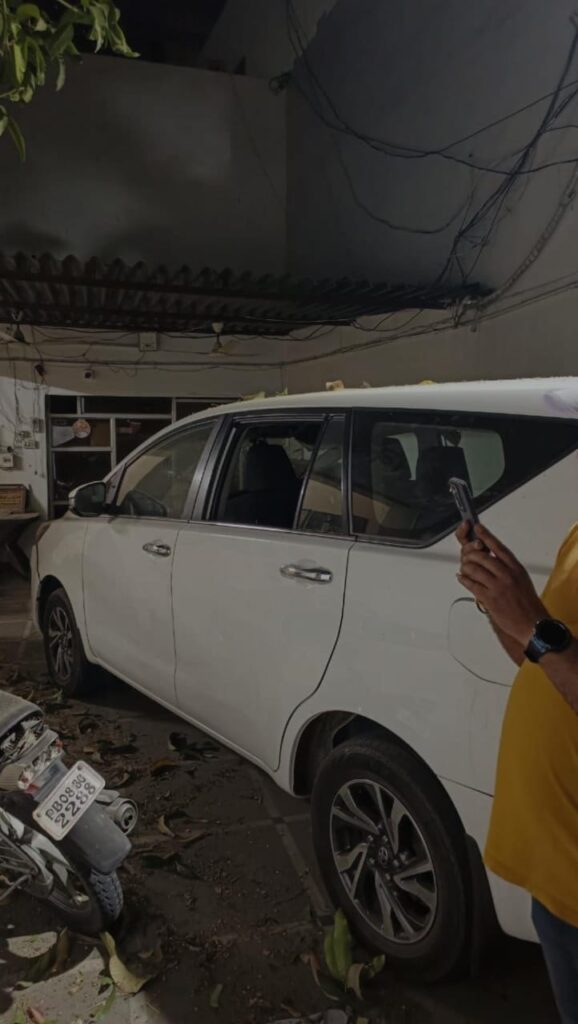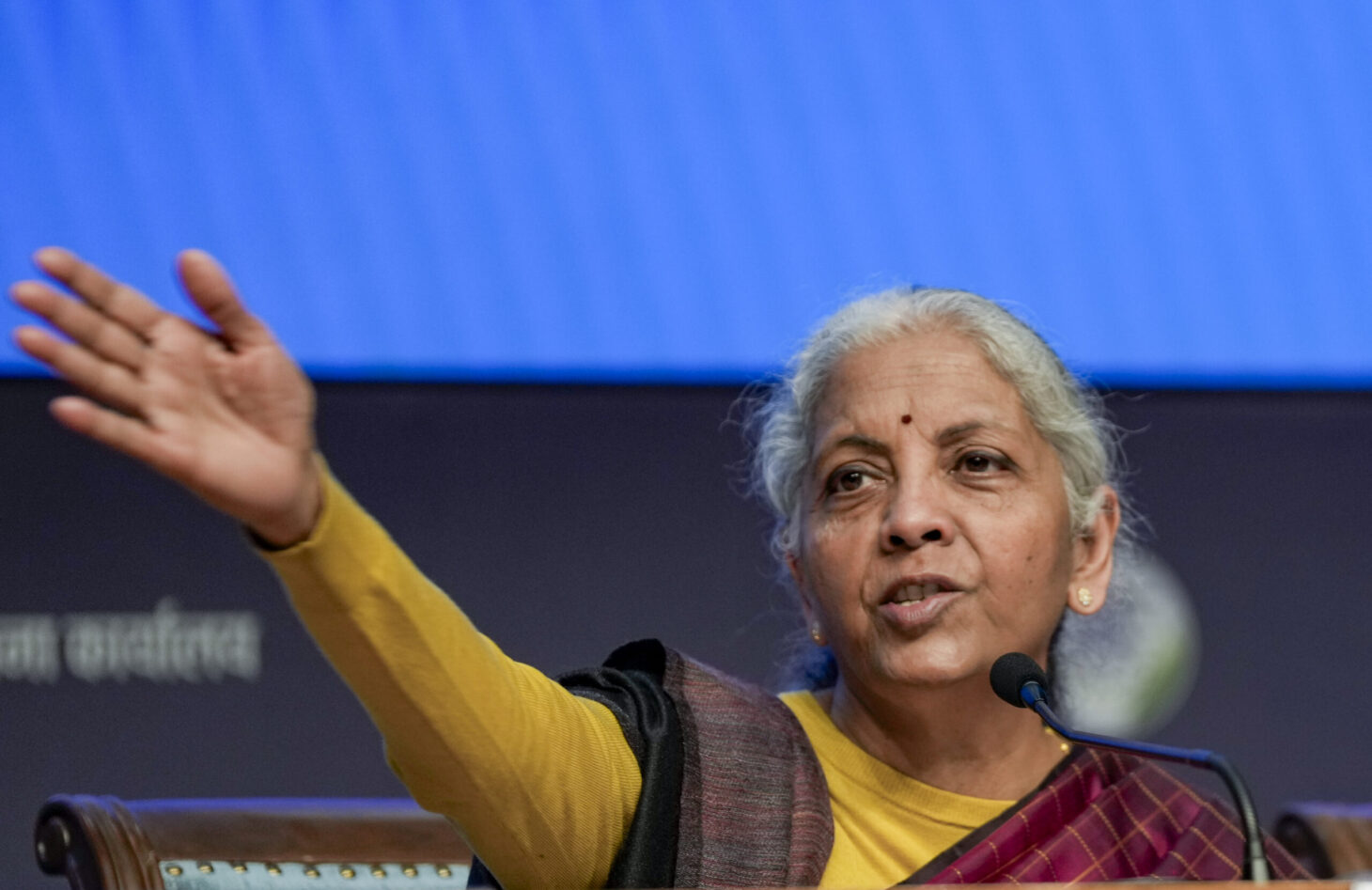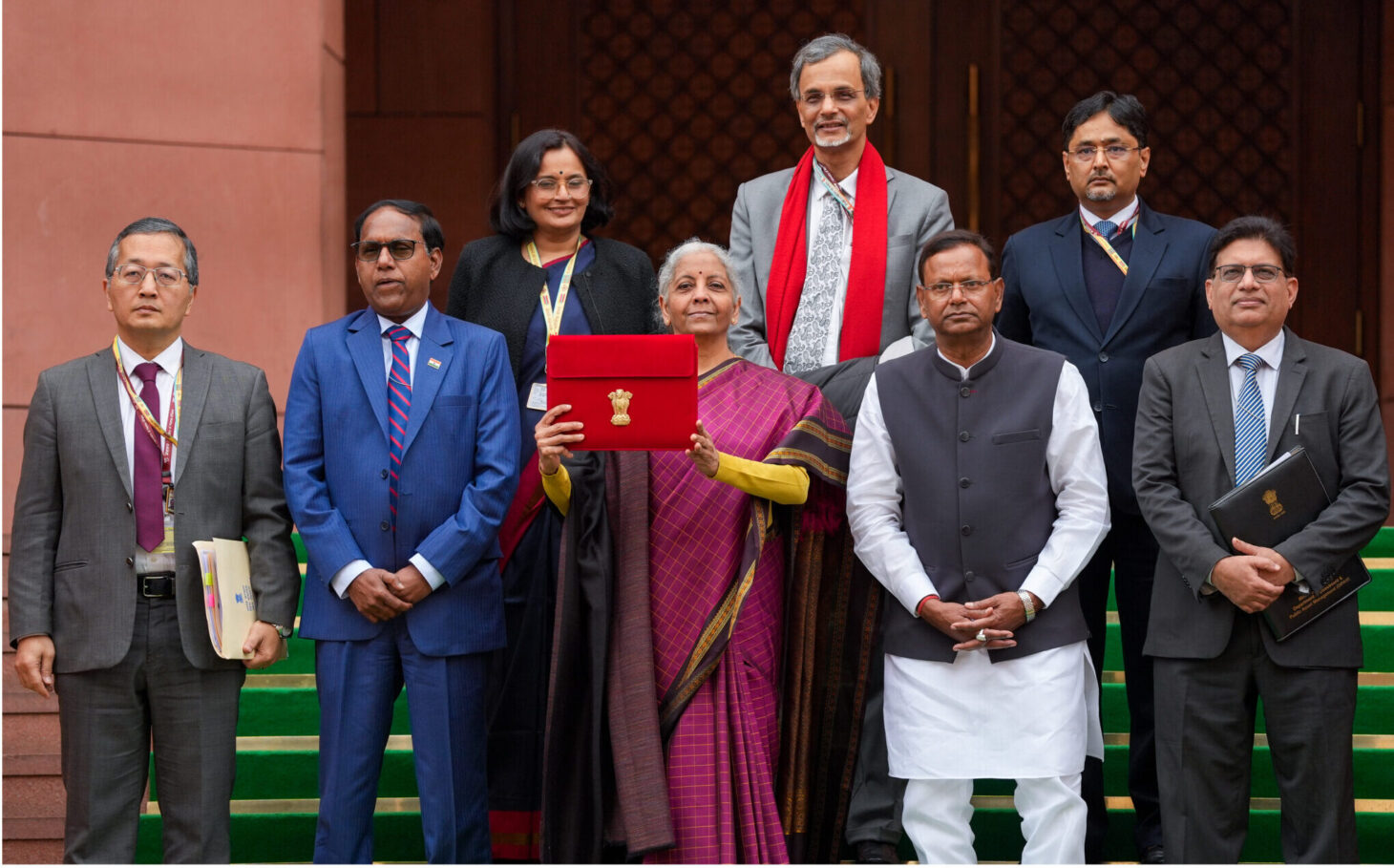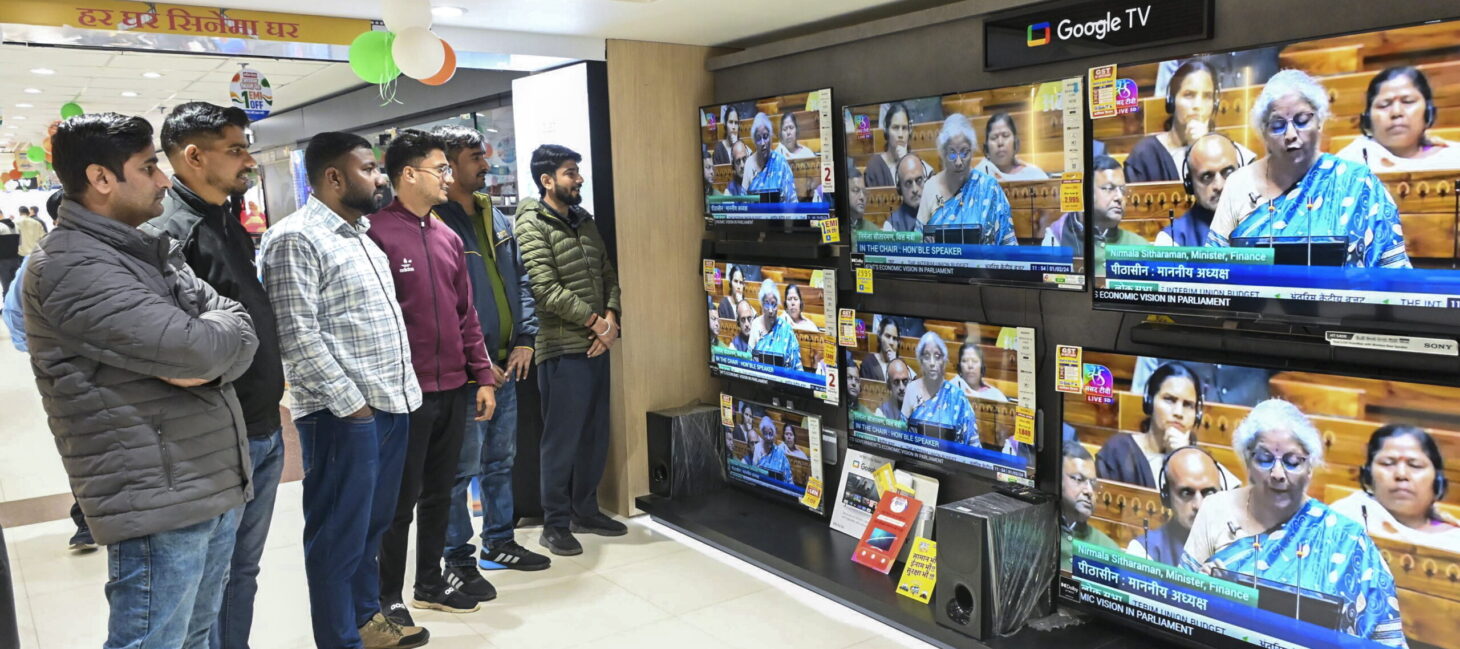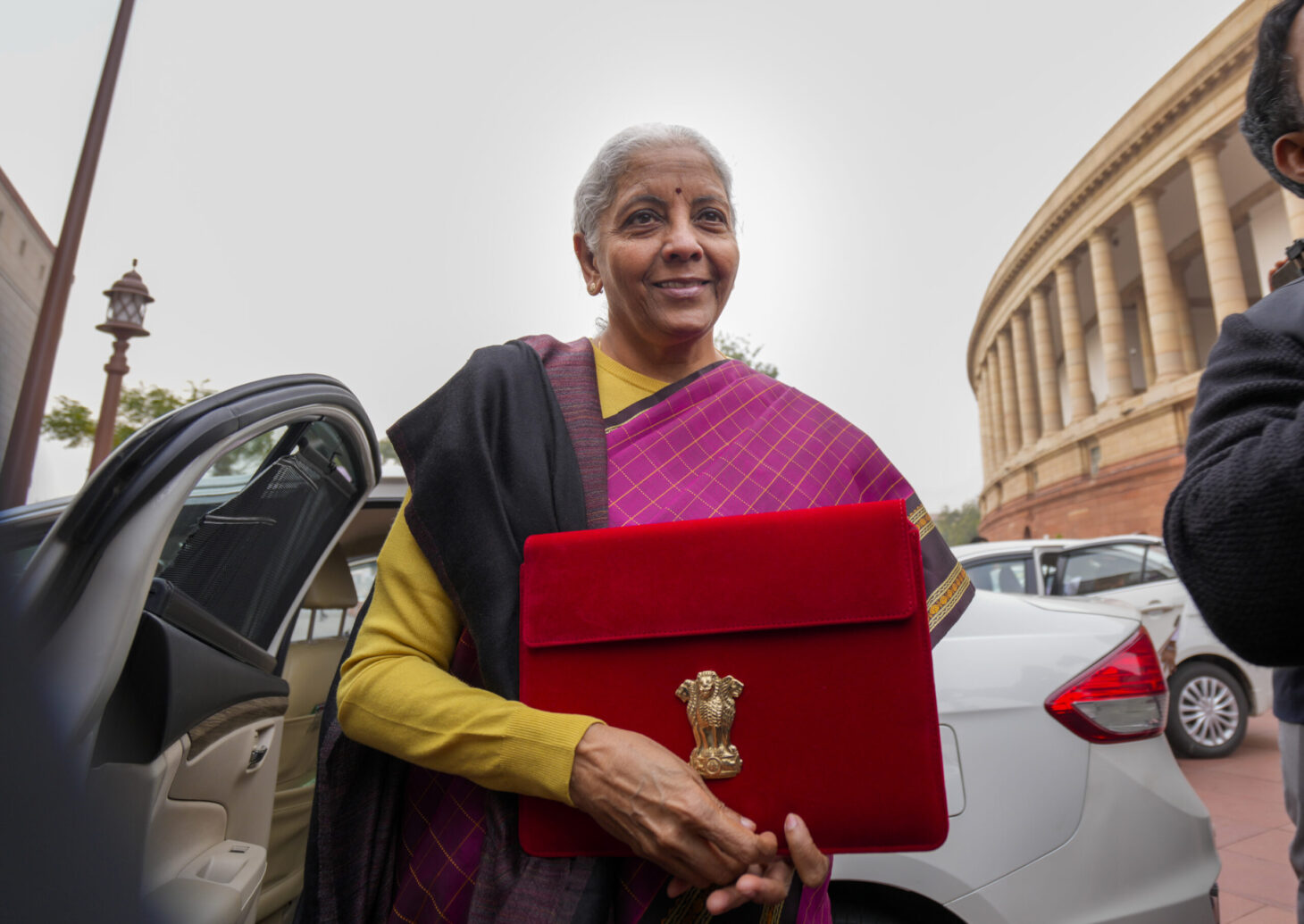16th grenade attack in Punjab in just five months
The North News
Chandigarh, April 8
In the quiet pre-dawn hours of Tuesday, a grenade exploded outside the residence of senior BJP leader Manoranjan Kalia in Jalandhar. While no one was hurt, the message it sent was loud and clear: Punjab’s security situation is teetering on the edge.
The CCTV footage shows the assailant arriving on an e-rickshaw, calmly throwing the grenade, and vanishing into the night. The target? A veteran politician in a prominent city. The time? Around 1am – the so-called “safe” hours, when homes are asleep and watchfulness fades. The location? Not a remote outpost, but a well-known residential area of Jalandhar.
Police commissioner Dhanpreet Kaur Randhawa confirmed the blast and rushed to reassure the public: security beefed up, CCTV footage being reviewed. But this incident is not an isolated case — it’s the 16th grenade attack in Punjab in just five months.
These attacks haven’t been confined to politicians. Police stations, religious places, homes of businessmen and even YouTubers have all been targeted. Amritsar alone has seen six blasts. Gurdaspur has recorded four. Even the state capital, Chandigarh, hasn’t been spared. The blasts are often low-intensity, sometimes conveniently dismissed as tyre bursts or “minor incidents.” But the pattern is undeniable, and it’s deeply troubling.
Terrorists groups like Babbar Khalsa International(BKI) and individuals such as US-based terror suspect Happy Pasia have claimed responsibility for several of these strikes. In many cases, the attacks bear the hallmark of cross-border planning and Punjab Police have blamed Pakistan’s ISI behind such attacks.
The repeated success of these grenade attacks exposes glaring weaknesses in surveillance, response, and preventive intelligence gathering. If police stations – symbols of law enforcement – can be hit with such ease, what hope do ordinary citizens have?
The blast at Manoranjan Kalia’s home should have been a wake-up call. It’s time for Punjab’s leadership to acknowledge the seriousness of this threat. No more soft language. No more delays. A sustained, transparent, and coordinated counter-terror response is not just necessary — it’s urgent.
Until then, the people of Punjab will continue to live under the shadow of unanswered blasts and unanswered questions.
